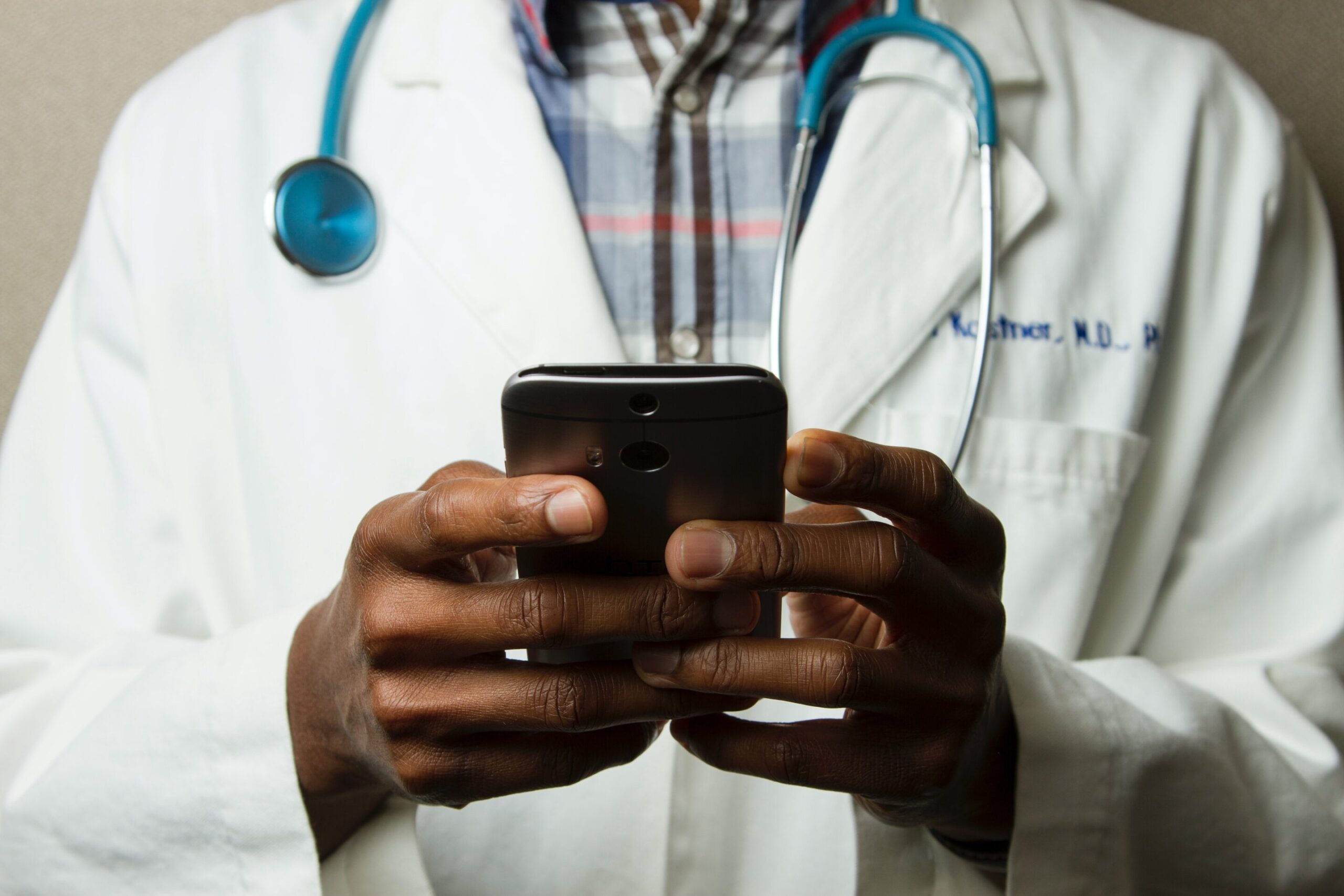Health
Telehealth group sessions can benefit the doctor-patient relationship

Credit: Unsplash/CC0 public domain
Patients experience the relationships formed during telehealth sessions as surprisingly good, if not better, than those in traditional face-to-face consultations, according to research led by Monash University.
Published in BMJ quality and safetyThe study found that therapeutic relationships were developed with a perceived positive impact on treatment engagement and patient outcomes.
Physicians generally felt they needed to balance building relationships with reliably delivering telehealth treatments.
In the qualitative study, 25 participants (18 shoulder pain patients and 7 physicians) were interviewed about developing therapeutic relationships in telehealth group sessions, with up to three patients per session, over twelve weeks.
During these sessions, doctors provided patients with information about their condition, treatment advice and a program of physical exercises.
First author Fernando Sousa, a Ph.D. candidate from Monash University’s School of Primary and Allied Health Care, said he wanted to explore these relationships and address misconceptions that telehealth would reduce them.
“We wanted to find out what people think about the relationship with their doctors through video calls,” Mr Sousa said. “We were curious to see how well they could connect with each other, given the increased reliance on telehealth services since the COVID-19 pandemic.
“Our research indicates that telehealth does not worsen the doctor-patient relationship; in fact, it may be the opposite. In fact, some patients reported that the relationships formed during group-based telehealth sessions were superior to those in-person visits.”
Key findings of the study included:
- Patients were pleasantly surprised by the connections formed. A sense of friendship even emerged: “I didn’t think you could build a relationship over telehealth or Zoom, but I was really surprised.”
- Some patients found online relationships better than in-person relationships. One said: “The relationship was very good. I mean, if you asked me about the relationship with a personal physio, which I went to, and the relationship through technology, it was much better.”
- Patients were able to bond with other patients and believed that these relationships were essential to the success of their treatment. One said: “If it wasn’t for that relationship between the four of us, I don’t think it would work.”
- Patients viewed positive telehealth relationships as critical to their engagement, safety, and satisfaction with treatment. They felt that a good relationship with their doctor motivated them to continue treatment and made them more comfortable raising their concerns early on.
Senior author and director of the Monash School of Primary and Allied Health Care, Professor Peter Malliaras, said the research showed that relatively simple changes such as managing group dynamics, showing empathy, small talk and personal attention, therapeutic relationships and could improve patient satisfaction.
“We therefore encourage physicians to adopt these patient-centered approaches to improve their telehealth consultations, promote patient engagement and potentially improve outcomes,” said Professor Malliaras.
The study is believed to be the first qualitative study to ask questions about patient-physician relationships developed through group-based telehealth appointments.
Previous studies have examined general perceptions about telehealth and recognized the importance of therapeutic relationships. But they have not delved into how these relationships develop in the online and group context, or into their perceived impact on patients and physicians.
“We believe these findings challenge misconceptions about the limitations of patient-physician connections in digital consultations, while validating the potential of telehealth to deliver high-quality care,” said Mr. Sousa.
“As governments around the world (e.g. Australia, India, UK, US) announce significant investments in telehealth strategies to increase access to care and improve healthcare outcomes, our research provides timely evidence to support the justification for such initiatives.”
More information:
Luis Fernando Sousa Filho et al., How therapeutic relationships develop in group-based telecare and their perceived impact on processes and outcomes of a complex intervention: a qualitative study, BMJ quality and safety (2024). DOI: 10.1136/bmjqs-2023-016840
Quote: Telehealth group sessions can benefit doctor-patient relationships (2024, May 9), retrieved May 11, 2024 from https://medicalxpress.com/news/2024-05-telehealth-group-sessions-benefit-clinician .html
This document is copyrighted. Except for fair dealing purposes for the purpose of private study or research, no part may be reproduced without written permission. The content is provided for informational purposes only.











